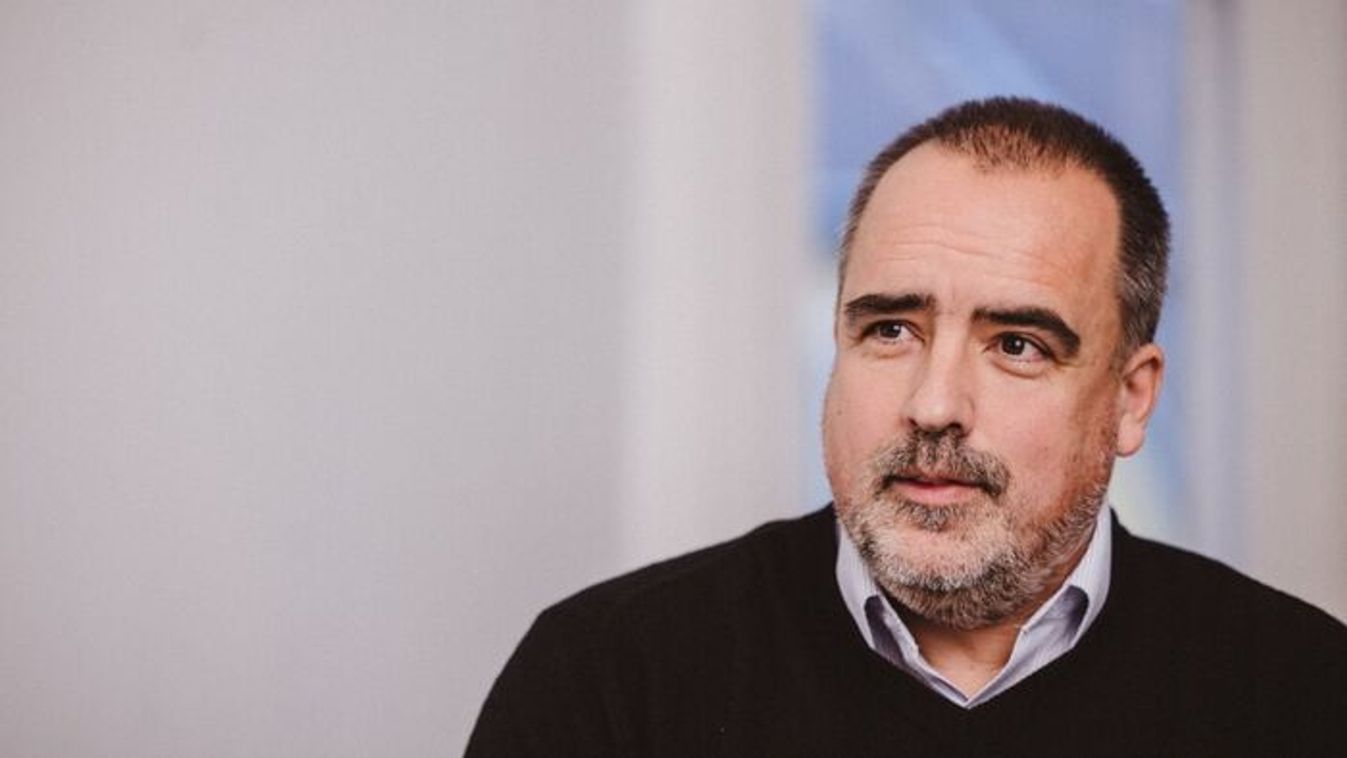Itt a legfrissebb közvélemény-kutatás: így áll most a Fidesz és a Tisza Párt

Továbbra is zajlik a közvélemény-kutatások „háborúja”, utánajártunk, mekkora a valós különbség a Fidesz és a Tisza között.

Hungary denies any suggestion that it traded Safarov for financial support. But, if truly enraged by Aliev's conduct, Hungary could choose to raise the issue's profile within the EU.
„The EU country at the centre of the affair, Hungary, has officially protested against the pardon. But Hungary has also found itself under examination, particularly Prime Minister Viktor Orban, who reportedly made the decision himself. Hungarian diplomats say that repatriation of prisoners is common practice, and that EU partners understand that. But the argument seems to have cut less ice with the US and Russia. The US publicly stated that it was asking Hungary for an 'explanation'. Russia went further, saying: 'These actions of the Azeri as well as Hungarian authorities contradict internationally brokered efforts'.
Hungary denies any suggestion that it traded Safarov for financial support. But, if truly enraged by Aliev's conduct, Hungary could choose to raise the issue's profile within the EU. So far, there is no hint that it is doing so. There have been ripples in Brussels – the Council of Ministers' working party on eastern Europe and central Asia (Coest) touched on the topic last week, briefly – but the EU's statement, on 3 September, was conveyed in notably milder terms than the Minsk Group's and NATO's, calling on both countries 'to exercise restraint'.
Several observers suggest that for the EU the affair may now fizzle out. The EU's growing energy ties with Azerbaijan are a factor, but one member-state diplomat also privately played down the affair as driven by election posturing on both sides: Azerbaijan will hold presidential elections in October 2013; Armenia will have presidential elections earlier, in February. 'The problem with that is there is no election in Azerbaijan,' says Hrant Kostanyan of the Centre for European Policy Studies, pointing to criticism of the 2008 elections, when Aliev officially gained 87% of the vote.”
